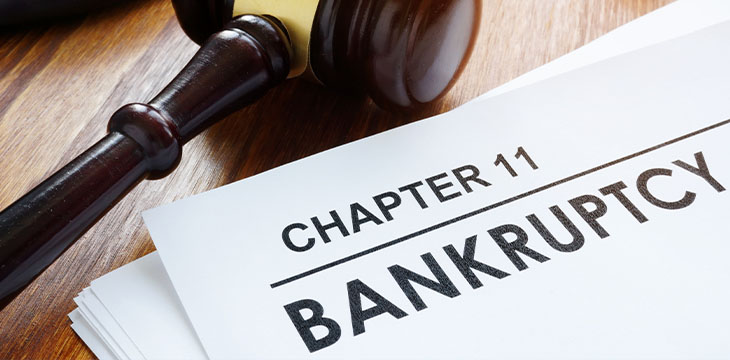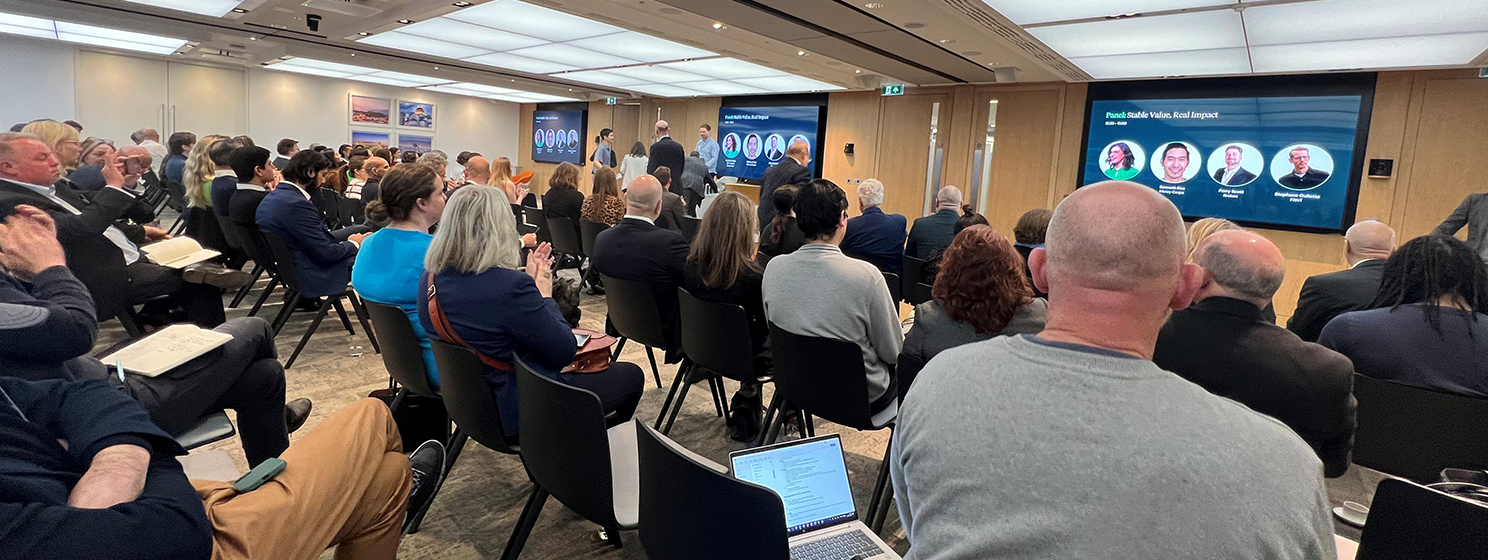|
Getting your Trinity Audio player ready...
|
Well, it’s official now: Genesis Global Holdco, the parent company of Genesis Global Capital LLC, has filed for Chapter 11 bankruptcy protection. The digital asset lender is a subsidiary of Barry Silbert’s Digital Currency Group (DCG), which has recently been in a public feud with twins Cameron and Tyler Winklevoss of Gemini exchange over failed loan negotiations.
It’s the latest failure in a conga-line of such events over the past year, as digital asset trading casinos (a.k.a. exchanges and lenders) realize the folly of gambling with assets that represent no real-world value. As several of the world’s major economies stare down the barrel of a long recession, speculating on digital tokens created out of thin air is proving less and less appealing.
Market prices for major digital assets barely reacted to the news. However, sign traders had anticipated the move for a while. Genesis has been floundering for much of the past half year after losing hundreds of millions of dollars in the collapse of Three Arrows Capital (3AC) and Babel Finance. The company also faced losses of over $3 billion in bad loans, which were further exacerbated after major exchange FTX faceplanted in October 2022.
One of the companies Genesis owes a sizeable amount of money to is Gemini, founded by Winklevoss twins Cameron and Tyler in 2014.
Recent regulatory actions have also added to the two companies’ misery. On January 12, 2023, the U.S. Securities and Exchange Commission (SEC) charged both Genesis and Gemini over the sale of unregistered securities in 2020-2021. The charges relate to the Gemini Earn program, which offered retail investors the chance to lend digital assets to Genesis for interest—that is, until those investors found they could no longer withdraw funds after Genesis cited a lack of liquidity in November 2022.
The SEC alleges the entire Gemini Earn program “constitutes an offer and sale of securities under applicable law and should have been registered with the Commission.” This bypassed disclosure requirements that could have protected investors, said SEC Chair Gary Gensler. Gensler also stressed the need for digital asset firms to comply with applicable laws.
The collapse of the Genesis/Gemini relationship has led to a series of public spats between long-time blockchain identities Cameron Winklevoss and DCG CEO Barry Silbert. In a lengthy Twitter thread posted earlier today, Winklevoss cheered the Chapter 11 filing for its potential to expose some of Genesis’ dealings.
“Crucially, the decision to put Genesis into bankruptcy does not insulate Barry, DCG, and any other wrongdoers from accountability,” he wrote.
1/ Earn Update: This evening, Genesis Global Capital, LLC (Genesis) filed for bankruptcy under Chapter 11. This is a crucial step towards us being able to recover your assets.
— Cameron Winklevoss (@cameron) January 20, 2023
Winklevoss also called for Silbert and DCG to “come to their senses and make a fair offer to creditors,” and threatened to file his own lawsuit if they don’t. Genesis owes around $900 million to Gemini Earn customers, and Winklevoss has claimed DCG owes $1.675 billion to Gemini itself—something Silbert denied in response to one of Winklevoss’ tweets. Winklevoss later called in an open letter for the DCG Board to remove Silbert as CEO, calling him “unfit” and accusing DCG leadership of accounting fraud and “private lies.”
Public pressure and legal action may not help to recover money that isn’t there, and other creditors expressed doubt they’d see much of their investments again.
https://twitter.com/tullamarinex/status/1616328772877225992
DCG is a venture capital firm that has backed several well-known names in the blockchain space since launching in 2015. Its most prominent subsidiaries are Grayscale Investments and blockchain media outlet CoinDesk.
This all leads back to the question of whoever thought building a business around lending and borrowing price-volatile digital assets was a good idea. The answer is that it isn’t, like so many other blockchain businesses, the revenue model appeared to be based on expectations of ever-rising digital asset prices and guaranteed net gains over time.
The past year has seen that particular free-energy machine fall apart as external economic realities began to intrude. As BTC and other popular blockchains continue to fail at fulfilling their promise to be useful “money of the future,” their value as speculative assets remains in decline despite a historical lack of confidence in modern fiat currency-based nations.
Follow CoinGeek’s Crypto Crime Cartel series, which delves into the stream of groups—from BitMEX to Binance, Bitcoin.com, Blockstream, ShapeShift, Coinbase, Ripple,
Ethereum, FTX and Tether—who have co-opted the digital asset revolution and turned the industry into a minefield for naïve (and even experienced) players in the market.

 02-23-2026
02-23-2026 




